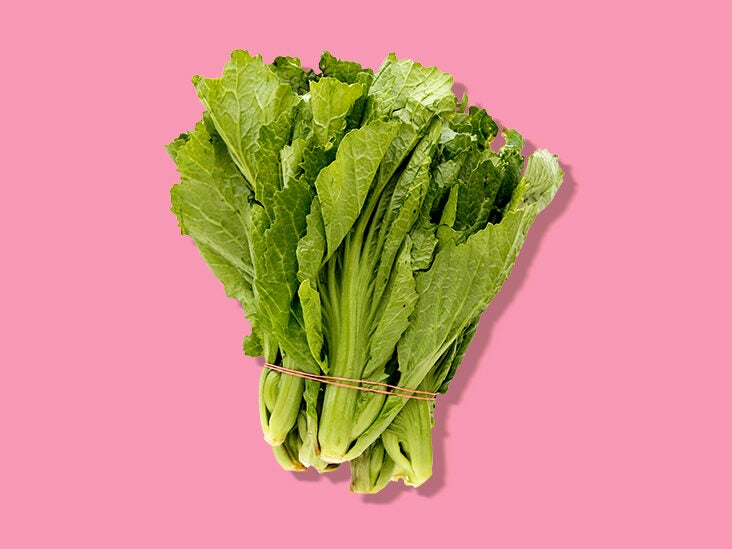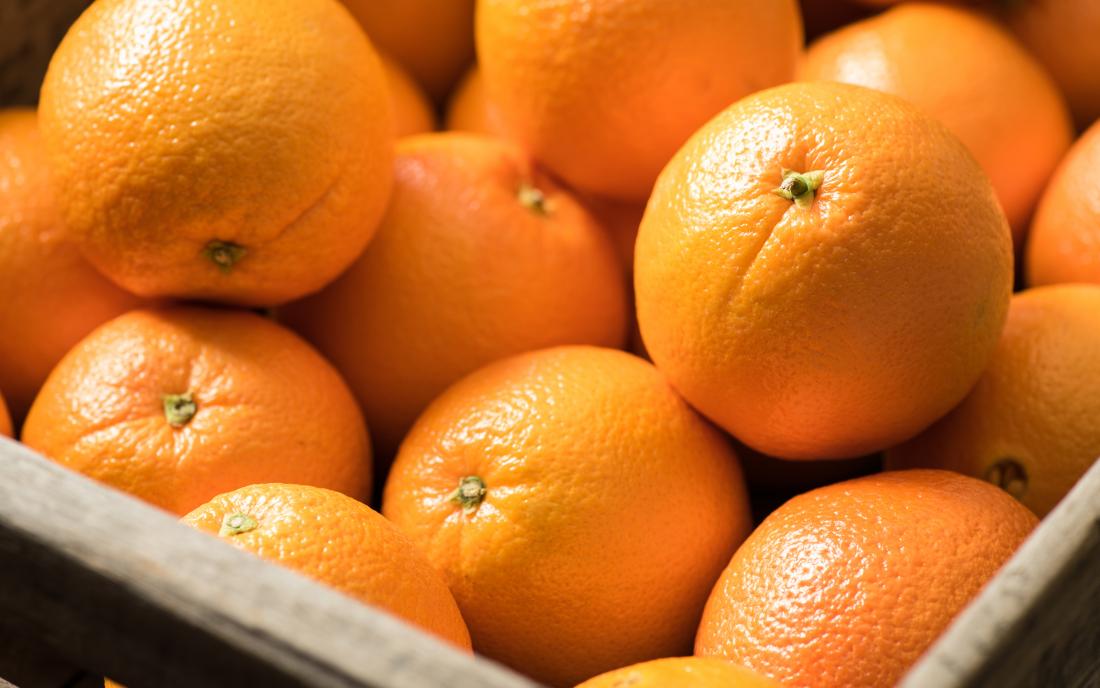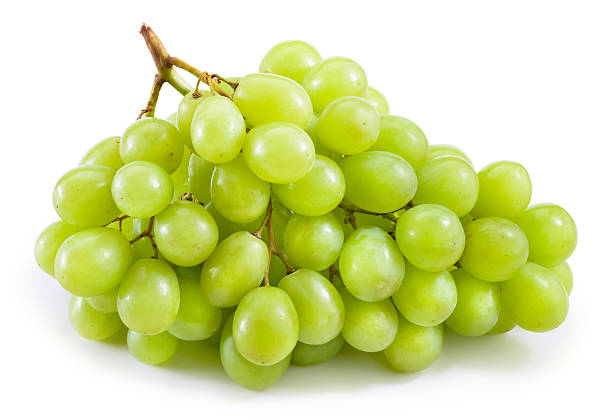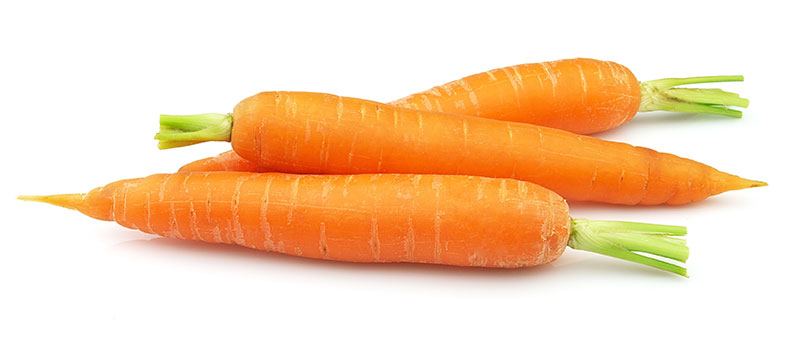We are feeling less energy as the temperature drops in India. The Winter has hit people hard all across the country. Cold weather also triggers a food craving. As your metabolism is slowing down due to prolonged exposure to freezing temperatures, you may find it standing in the kitchen for an hour or walking down the stairs isn’t actually helping.
After Christmas and with New Year’s Eve around the corner, it’s time to give in to the desires and relish foods that will strengthen our immune system and also help us lose weight. We normally eat rich foods that can fill our stomachs and also help us lose weight. In order to stay in shape, here is a list of healthy Indian foods that you can pair with your workouts:
- Dried fruits and nuts

For a warming breakfast, add nuts such as almonds, walnuts and pistachios. Milk and cereal are common breakfast options, but nuts, such as almonds, walnuts and pistachios, also contribute to a feeling of well-being. Try adding dried fruits like apricots, raisins, and figs to your usual cereal or milk with Dalia (porridge) or oats for a treat.
- Tulsi and ginger

There is nothing better than a cup of tea with Tulsi (basil) and ginger to beat the winter chill. In Indian tradition, Tulsi is known as the holy basil as it has various medicinal properties. Tulsi has anti-bacterial, anti-biotic and anti-viral properties that aid in keeping the body healthy and strong. Besides tea, you can also add this versatile herb to salad dressings and dips. Ginger seeds, on the other hand, can be used in numerous ways, from tea to food, to having raw ginger when you have a bad throat.
- Spinach:

Leafy spinach is rich in vitamins, minerals, and antioxidants and is a great way to fight ageing and vision loss, as well as boost immunity and reduce inflammation. In addition, it protects the body from a number of diseases and helps patients of advanced age maintain brain function and the nervous system. Spinach is full of nutrients and contains a large number of essential nutrients, such as antioxidants that help prevent cancer and ease chronic abdominal distress. A good source of antioxidants. Promotes healthy cell division, thereby improving the body’s ability to heal. In addition to vitamins A, B, C, E, and K, spinach contains excess amounts of zinc, magnesium, and iron, which is necessary for the body’s red blood cells.
- Mustard greens:

Mustard greens are the lacy-edged leaves of the same plant that produces mustard seeds. They are generally less bitter and have a pepperier flavour than kale or Swiss chard. In addition to their beta-carotene content, they contain vitamin A, which can improve the health of our eyes and bones. These phytonutrients have been shown to protect the liver and other organ cells from free-radical damage, which can lead to diseases such as cancer. Mustard greens also contain high amounts of glucosinolates.
- Whole grain cereals and pulses

The varieties of whole-grain cereals that are commonly used in rotis that accompany your favourite pickle include Bajra/Pearl Millet, Jowar/Millet, Makkai/Maize, Jau/Barley, Ragi/Finger Millet. Similar to Moong Dal, pulses like it may also be served as Halwa as well as used for dinner.
Fruits to eat this Winter to keep you healthy
- Apples:

According to a very popular proverb, “an apple a day keeps the doctor away”. These are certainly true when you think of the benefits you receive from eating an apple daily. Antioxidants present in this food are great for your nervous system. Antioxidants enhance the performance of your nervous system. Additionally, apple consumption can affect your neurological health as well as reduce your risk of developing diabetes. Moreover, apple consumption reduces the risk of thrombotic strokes.
- Oranges:

It contains a lot of vitamin C and is an excellent source for staying healthy and fit during winters in India. You can easily carry and eat it at the workplace. Oranges are the most common winter fruit in India. Consuming oranges has proved to have some additional benefits as well. Studies have shown that fruit can greatly reduce the risk of cancer and can fight off cancer-causing radicals.
- Pomegranate:
/pomegranate-fruit-on-cut-board-157685468-588901525f9b5874ee801d3e.jpg)
During the winter season, pomegranate is a great choice of fruit to eat. It has amazing health benefits, including battling hypertension and controlling blood pressure. Pomegranate contains fibre and aids digestion. It is a very effective medicine for treating inflammation in joints to drink the juice of pomegranates.
- Grapes:

Due to their antioxidant composition, grapes make excellent winter fruits. They prevent skin problems because of their availability throughout the year. The antioxidants in this fruit are very beneficial for the knees and eyes, so it is good for all ages.
- Guavas:

The best effects of guavas are found in the winter season, so they are consumed during that time. Like apples, guavas are available throughout the year. As a result of its high folate content in Guava, the fruit promotes human fertility. It also regulates thyroid function and acts as an antiseptic in case of cuts. As guava contains a high fibre content, it is an effective remedy for constipation. You can apply it directly to the wound, and the tissue will begin to heal.
- Carrots:

Carrot is a powerful food packed with vitamins and nutrients like vitamin A, B, B2, B3, C, D, E, and K. Carrots are also beneficial for the eyes as they contain carotene, which prevents night blindness. Besides being good for maintaining a healthy heart, cancer and diabetes, as well as skin, hair and nails, it is also good for regulating menstrual flow. It can also be consumed as part of a diet for weight loss. Carrots can be added to sandwich fillings, wraps, and salads.
Because your body has a low metabolism in the Winter, it is wise to consume fruits and vegetables to increase your metabolism. Furthermore, eating seasonal foods are healthier since they contain different nutrients than those grown during the Winter.












